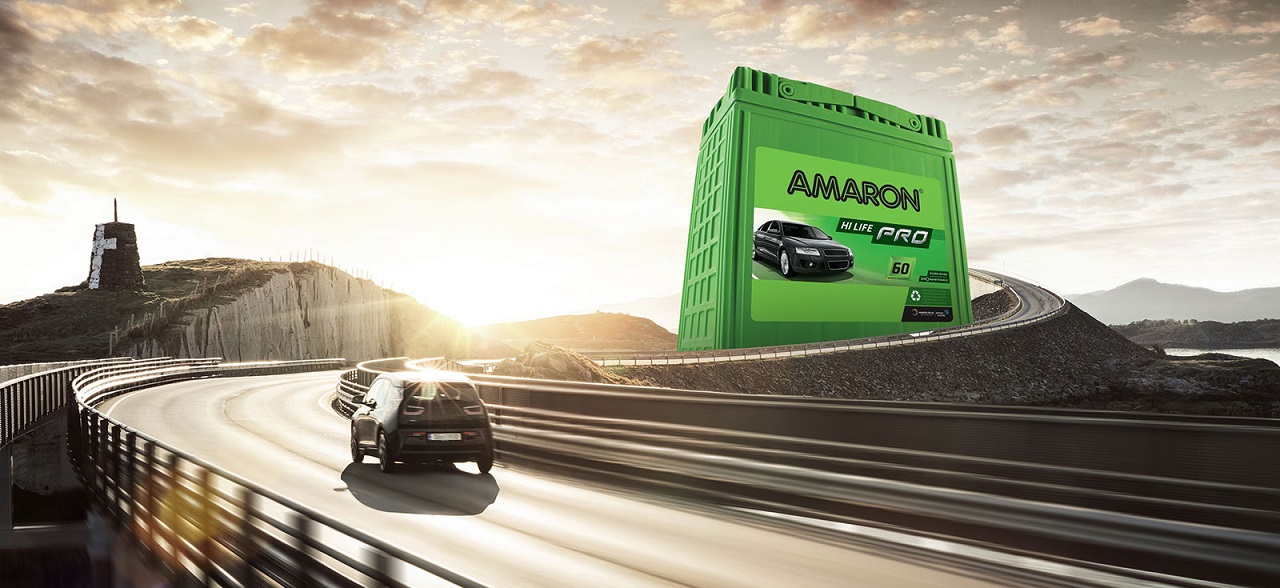Amara Raja Energy & Mobility Ltd, has announced plans to invest approximately ₹3,000 crore in its new energy and lead-acid battery businesses over the next two fiscal years (FY 2025 and 2026). The strategic investment aims to bolster the company’s participation in India’s burgeoning electric vehicle (EV) market.
Generating 67% of its revenue from the automotive battery sector, Amara Raja is looking to both strengthen its existing lead-acid battery operations and expand into new energy sectors, including lithium cell manufacturing, battery pack assembly, power electronics, and charger manufacturing.

“For fiscal 2025, we may need to spend close to about ₹1,500 crore between the lead-acid and new energy businesses. I think lead-acid would need about ₹300-400 crore, whereas the new energy business will require ₹1,000-1,100 crore as capex,” said Delli Babu, Chief Financial Officer, in a post-earnings call with investors.
The projected capital expenditure for FY 2026 is expected to be of a similar magnitude, with a slightly higher emphasis on the new energy business. In FY 2024, the company’s capital expenditure stood at around ₹800 crore.
One of the cornerstone projects of this investment is the establishment of a giga factory in Telangana for manufacturing lithium-ion cells and battery packs. Over the next decade, the facility will ramp up to a 16 GWh cell capacity and a 5 GWh battery pack capacity. Commercial operations for the first phase, which will feature a 2 GWh cell capacity and cost ₹1,500 crore, are slated to begin by the end of FY 2025-26.
“The initial capex between this year and next year will be borne by the holding company balance sheet, considering the free cash generation we are experiencing,” noted Babu. He also mentioned the possibility of exploring additional funding avenues, such as debt or equity, once the initial capacity is operational.
In addition to the lithium-ion projects, Amara Raja is set to commence commercial production of localized chargers within the current quarter. Initially targeting three-wheelers, the company plans to expand its charger offerings to include two-wheelers by year-end. The construction of a battery pack facility in Telangana has been completed, with commercial production expected to start next month.
This move by Amara Raja reflects a broader trend among traditional battery manufacturers capitalizing on the anticipated surge in EV sales in India. In the 2023-24 fiscal year, India saw the sale of approximately 1.6 million electric vehicles. Competitor Exide Industries Ltd. is also planning significant investments in its lithium-ion cell manufacturing and battery pack solutions subsidiary, Exide Energy Solutions Ltd., with an investment of around ₹1,000 crore for a 6 GWh capacity set to be operational next year.
Amara Raja’s aggressive expansion into the EV and new energy sectors underscores its commitment to innovation and sustainability, positioning it to play a pivotal role in India’s transition to greener transportation solutions.







